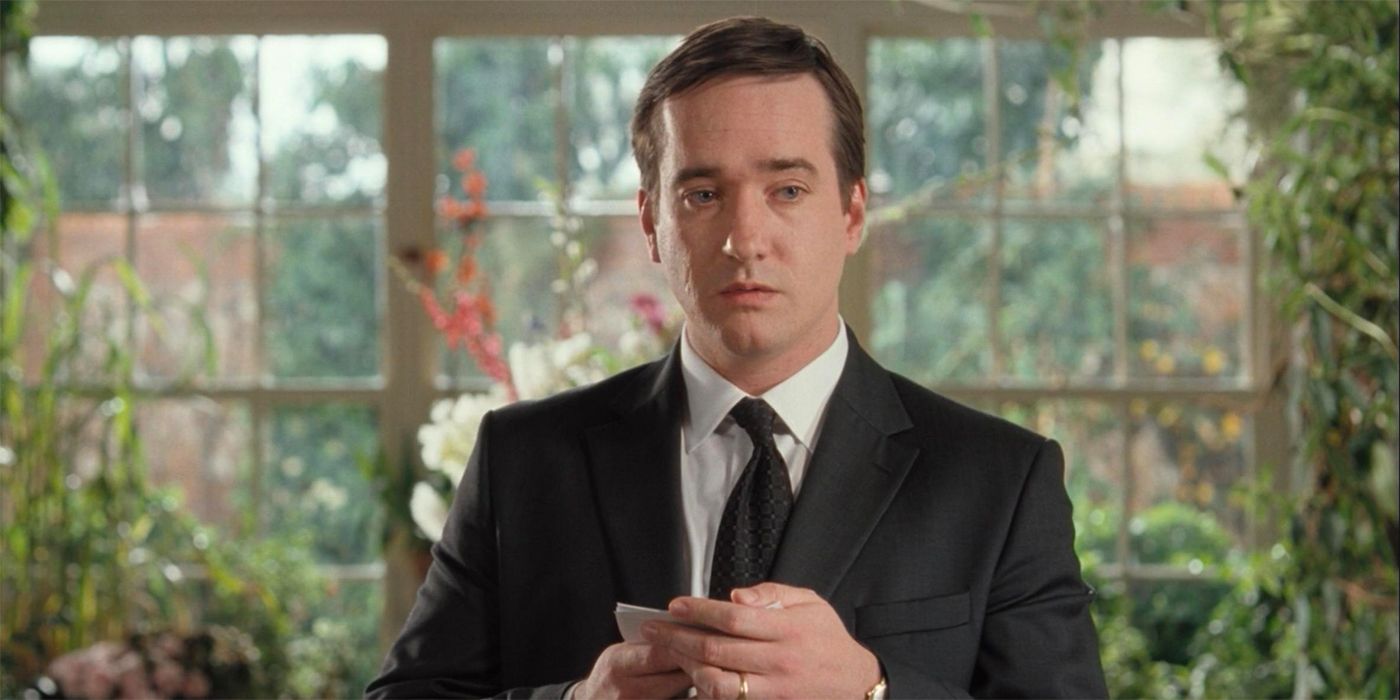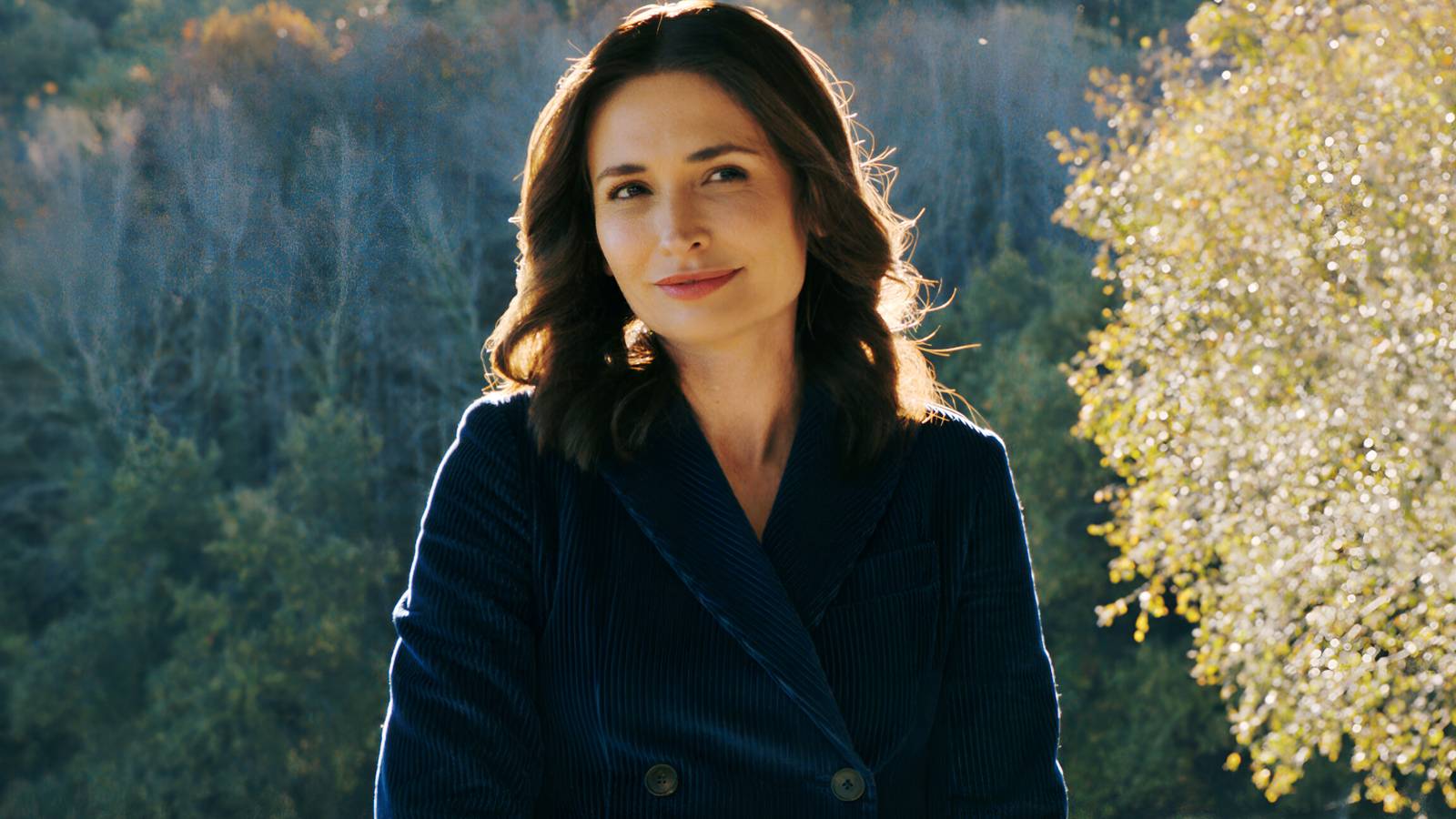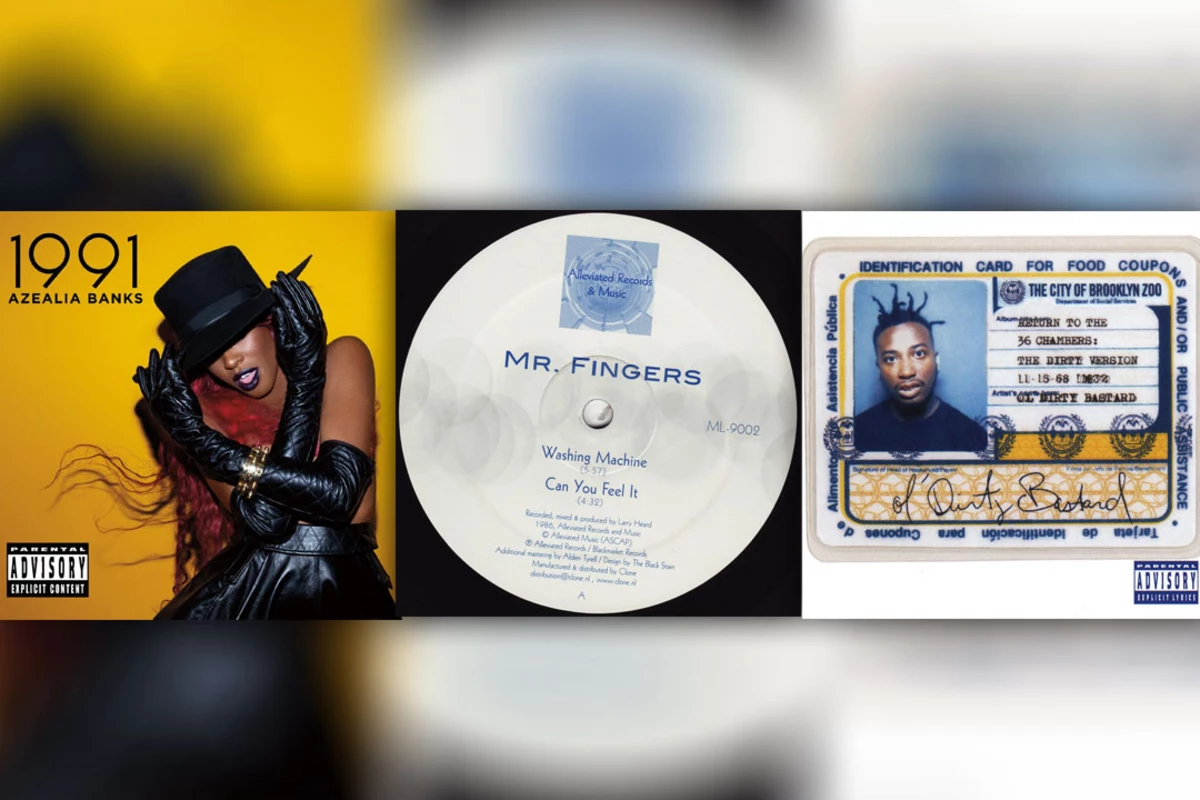Comedy is a more subjective genre than any other, as rationalizing what makes something funny often comes down to a matter of personal opinion. As a result, it can be challenging for comedies to become global word-of-mouth hits, with audiences often being more driven to blockbuster movies that they know will be more attuned to their tastes. This explains why so many small-scale comedies come-and-go without much notice, even ones like Death at a Funeral directed by the great Frank Oz. Featuring a cast of actors who were mostly known for their more dramatic work, the film has since earned a cult following based on its unusual sense of humor.
Ironically, Death at a Funeral may have gained more attention from American viewers because of the ill-fated remake that was released in 2010. Chris Rock, Tracy Morgan, James Marsden, Regina Hall, and Danny Glover starred in the remake of Death at a Funeral that was directed by the acclaimed playwright Neil LaBute, but the film contained none of the same specificity that had made the original so good; Oz’s version was a taught, perceptive satire about social protocol, whereas LaBute’s was a gross-out comedy intended to shock its viewers.
What Is ‘Death at a Funeral’ About?
Death at a Funeral stars Matthew MacFadyen (of Succession fame) as Daniel, who lives with his wife Jane (Keeley Hawes) in his parents home in England. However, following the death of Daniel’s father, Edward, the entire extended family is forced to reunite for a funeral service, even though many of them have not remained in contact with one another. Predictably, chaos and comedy ensues as prickly characters interact at a tense event. Daniel’s brother, Robert (Rupert Graves), refuses to help pay for the expenses of the ceremony, despite being a wealthy and popular novelist, Peter (Peter Dinklage), a mysterious American man arrives and claims to have been lovers with Edward, and a distant family member named Simon (Alan Tudyk) accidentally consumes hallucinogenic drugs. Fair to say it’s a frenzied family affair.
Death at a Funeral was a surprisingly earnest take on the awkwardness that comes with collective grief. By casting non-comedic actors, Death at a Funeral felt more realistic, which also helped to make the instances of physical humor more surprising. Although the family may be bound by blood, they all had different relationships with Edward, and have chosen to remember him in different ways.
Daniel is often willing to admit how strange it is that the only reason that they would all gather is for a tragic incident, as the family has not done a great job at keeping in touch with one another over the years. This aspect of the film is very relatable, especially for those that have had their own issues with a dysfunctional family, but that doesn’t prevent Death at a Funeral from escalating the cringe comedy. While Rupert and Daniel have their differences with one another, they are reluctantly forced to work together to ensure that Peter doesn’t blow up the family’s preconceived notions about Edward. Ironically, Daniel ends up learning much more about his father’s life and legacy than he did during the last few months of his life.
‘Death at a Funeral’ Featured a Generation of Great Actors
Death at a Funeral has a great framing device, as the film is centered around the anxiety that Daniel feels about having to give a eulogy for his father. Although MacFadyen was already well-known for his dashing, charismatic performance in Pride & Prejudice, Death at a Funeral allowed him to utilize a bumbling, awkward sense-of-humor, which in many ways prepared him for his Emmy Award-winning role as Tom on HBO’s Succession. The film does not paint its characters as caricatures, as the dynamic between MacFadyen and Hawes is a very authentic portrayal of a difficult moment in a marriage; while Jane has a healthy relationship with Daniel, she has never seen him in such a vulnerable position before.
The film comes in at a very sharp 90 minutes, but manages to be very well-balanced when it comes to giving each member of the cast an appropriate amount of screen time. Some of the best performances in the film only appear for a few moments, such as Ewen Bremmer’s role as the creepy womanizer Justin, Peter Vaughan’s bizarre performance as Daniel’s Uncle Alfie, and Andy Nyman’s brief appearance as the germaphobic family friend Howard. It’s a surprisingly cathartic film, as it does not shy away from the resentment and fear that comes with losing a loved one. Thankfully, the purity of the film’s emotions does not prevent it from being one of the best and most underseen laugh-out-loud comedies of the early 21st century.


















